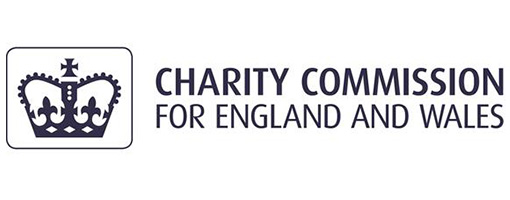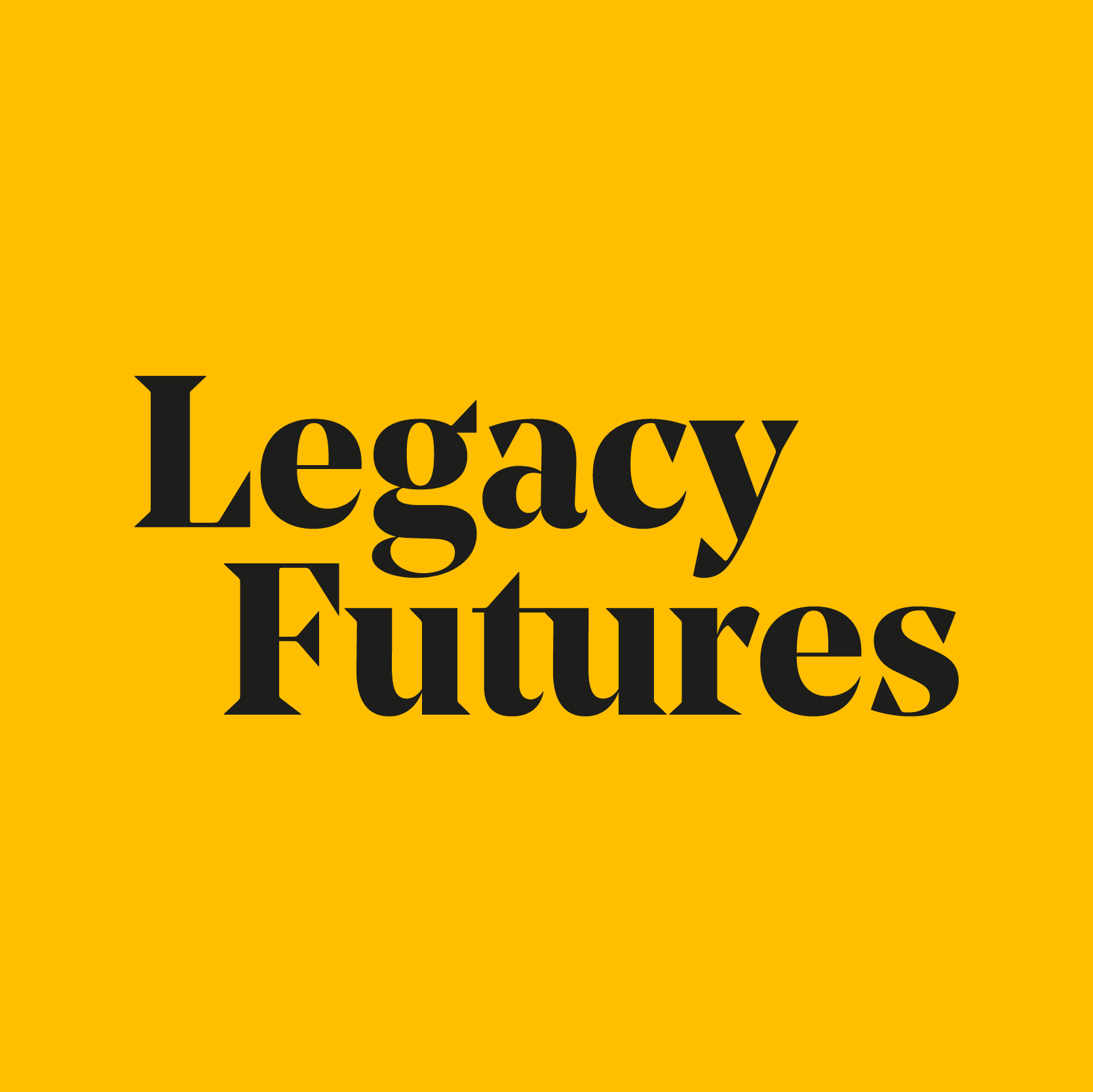Over one third of UK adults made an in-memory donation in the past year, research has found.
Legacy Futures and Smee & Ford found that faith and cultural identity significantly influence how and why people give to charity in memory of a loved one.
The study, part of the long-running In-Memory Insight programme, draws on multiple research stages including desk research, a consumer survey, and focus groups with charity supporters.
This year’s theme explores in-memory giving through the lens of faith and culture, revealing important patterns in behaviour, motivation and donor experience.
Among the key findings:
- Over one-third of UK adults have made an in-memory donation in the past year
- People with a religious affiliation are more likely to give in memory than those without
- Charitable giving is closely tied to religious traditions and shared values, particularly around times of death
- Faith and culture shape both the channels and causes people choose, with Christian supporters more likely to give at funerals and Muslim, Hindu, Sikh and Jewish supporters more likely to engage in in-memory giving around anniversaries, remembrance events or other in-memory donation routes
- Faith and religious traditions can be important even if the supporter doesn’t describe themselves as ‘religious’, as the faith of the loved one being remembered often directs the type of giving or people fall back on traditions they grew up with even if they’ve drifted away from their faith in their everyday life
- Regular in-memory giving is widespread but often under-recognised, especially by Muslim supporters who give ongoing donations as a way of giving Sadaqah Jariyah
- Generally, donors feel their donations are appreciated but there is much opportunity to improve the experience
- Inclusivity matters – donors want to see themselves represented, but authentic, sensitive communication is essential
Anna Turner, Head of Research and Insight at Legacy Futures, said: “In-memory giving is deeply personal, often tied to the identity and values of the person being remembered. Our research shows that faith and culture can play a powerful role in shaping how people remember loved ones through giving. This creates a clear opportunity – and responsibility – for charities to ensure their in-memory offerings are welcoming and inclusive to all.
“Whether it is auditing communications to ensure there are no barriers to entry, aligning with wider EDI objectives, or using storytelling to demonstrate representation in an authentic way, there is much that charities can do to make sure no supporter feels excluded at such an important time.”
Read the public briefing here: In-Memory Giving in Multi-Cultural Britain
Latest News
-
More than 30 jobs at risk as hospice charity looks to close home care service
-
Christian charity’s failed bid to buy a new church breached fundraising code
-
More than 350km commuting ‘challenge’ leads to charity CEO’s departure
-
Career Path: From corporate leadership to community wellebeing
-
Mary Jane Roberts: What a board game reveals about the future of charities
-
Police confirm arrests amid abuse allegations at health charity’s hospital
Charity Times video Q&A: In conversation with Hilda Hayo, CEO of Dementia UK
Charity Times editor, Lauren Weymouth, is joined by Dementia UK CEO, Hilda Hayo to discuss why the charity receives such high workplace satisfaction results, what a positive working culture looks like and the importance of lived experience among staff. The pair talk about challenges facing the charity, the impact felt by the pandemic and how it's striving to overcome obstacles and continue to be a highly impactful organisation for anybody affected by dementia.
Charity Times Awards 2023
Mitigating risk and reducing claims

The cost-of-living crisis is impacting charities in a number of ways, including the risks they take. Endsleigh Insurance’s* senior risk management consultant Scott Crichton joins Charity Times to discuss the ramifications of prioritising certain types of risk over others, the financial implications risk can have if not managed properly, and tips for charities to help manage those risks.
* Coming soon… Howden, the new name for Endsleigh.
* Coming soon… Howden, the new name for Endsleigh.
Better Society

© 2021 Perspective Publishing Privacy & Cookies














Recent Stories